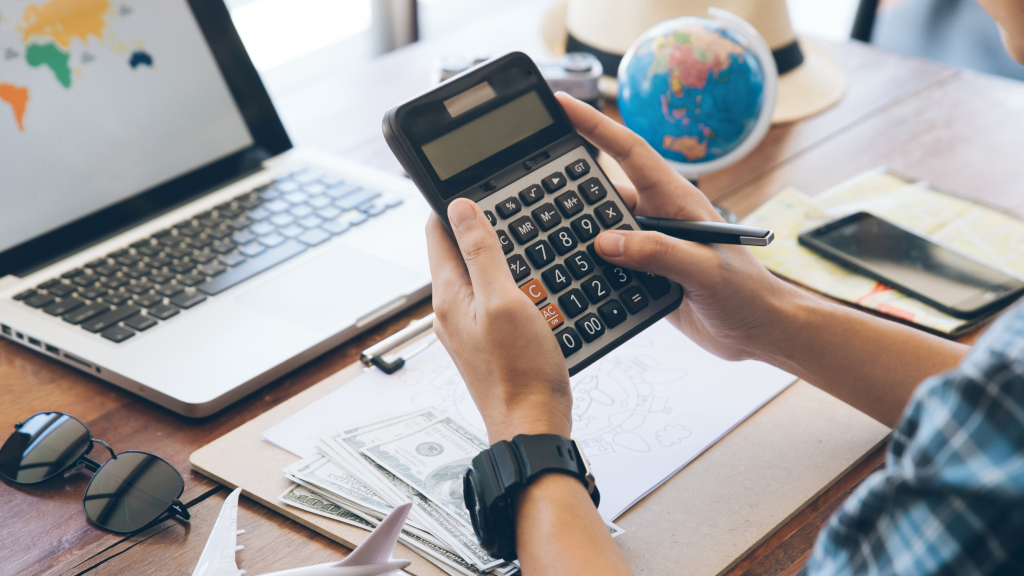For both limited companies and sole traders, knowing which expenses are tax-deductible can have a substantial impact on their tax liabilities. By claiming allowable expenses, businesses can reduce their tax burden and improve their financial standing. In this guide, we will explore the various categories of expenses that both limited companies and sole traders can claim, as well as highlight those that are not tax-deductible.
Allowable Expenses for Limited Companies
Limited companies can benefit from claiming a range of expenses to reduce their Corporation Tax. Here are the key categories of allowable expenses:
1. Office Expenses: This includes stationery, phone bills, internet costs, and other necessary office supplies.
2. Travel Costs: Expenses related to business travel, such as petrol and public transportation fees, can be claimed.
3. Clothing Expenses: Costs for uniforms or protective outfits and equipment used exclusively for work purposes
4. Staff Costs: Salaries, wages, and training expenses for employees are eligible for tax deductions.
5. Marketing Expenses: Costs associated with advertising and promoting the business
6. Vehicle Expenses: If vehicles are used for business purposes, expenses like fuel and maintenance can be claimed.
7. Insurance: Premiums for business insurance coverage are allowable expenses.
8. Rent on Business Premises: Rental expenses for business facilities can be claimed.
It’s important to keep in mind that the company may also claim and reimburse some employee expenses incurred while working, such as lunch costs incurred when visiting clients or attending exhibitions.
However, certain expenses are not tax-deductible for limited companies, including salary paid as dividends, client entertainment expenses, gifts to clients exceeding £50 in value, legal fees, fines, and capital asset improvements or renovations.
Allowable Expenses for Sole Traders
As a sole trader, allowable expenses play a vital role in reducing Income Tax and National Insurance contributions. Here are some key points to consider:
1. Use of Home: Sole traders can deduct a portion of household expenses when used for business purposes, resulting in tax savings. Careful calculation is essential to avoid attracting HMRC scrutiny.
2. Capital Allowances: Sole traders can claim capital allowances on business-related purchases such as equipment, machinery, and vehicles. This reduces taxable profit and lowers the income tax bill. Different assets have varying rates of allowances.
3. Simplified Expenses: Sole traders can opt for simplified expenses, which use flat rates to calculate certain business expenses, such as business vehicle costs, working-from-home expenses, and living on business premises.
Using these allowable expenses wisely can significantly reduce tax liabilities for both limited companies and sole traders. However, understanding the distinction between allowable and non-allowable expenses is crucial for accurate tax calculations and compliance with HMRC regulations.
If you have any questions or enquiries on expenses, feel free to contact us at enquiries@aitaccountants.co.uk

0 Comments